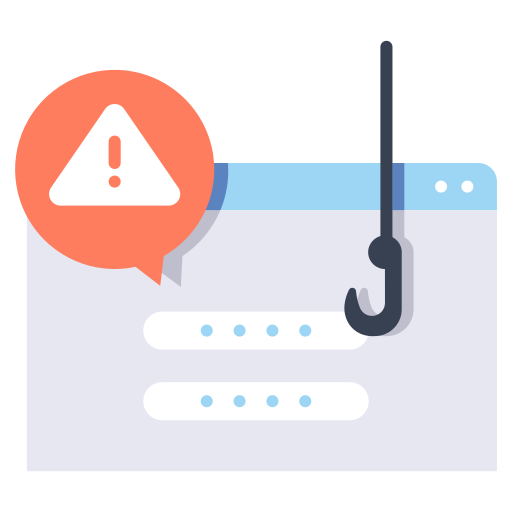Ditch the Pitch
 The Official Web Site of the State of South Carolina
The Official Web Site of the State of South Carolina
You can file a complaint and submit applications for licensing online. Filings you do not wish to make or that are not available online can be submitted via mail for processing. Department staff is available to assist with any questions at (800) 922-1594 (toll free) or 803-734-4200 8:30 a.m. until 5 p.m. Monday through Friday, excluding State holidays. You can also email general questions to scdca@scconsumer.gov.
 While there are legit uses for digital currency, cryptocurrency (crypto) is a popular payment method used by scammers. Crypto is not backed by the government and is not insured like money deposited into a bank. Investments and payments involving crypto do not come with the same legal protections if something goes wrong. It’s like sending someone cash and payments typically are not reversible.
While there are legit uses for digital currency, cryptocurrency (crypto) is a popular payment method used by scammers. Crypto is not backed by the government and is not insured like money deposited into a bank. Investments and payments involving crypto do not come with the same legal protections if something goes wrong. It’s like sending someone cash and payments typically are not reversible.
While the stories scammers use may vary, the red flags of a crypto scam remain the same:
Think something is suspicious? Stop and talk to a friend, family member or neighbor about what happened. Consumers can report scams to SCDCA by either calling 844-TELL-DCA (835-5322) or clicking Report a Scam (PDF).
Scammers may call or send you messages pretending to be financial institutions, government agencies or real businesses. The claims often involve bank accounts that are frozen, a missed court date or that you owe money.
To avoid this scam:
 Investment Scams
Investment ScamsThese fake investment opportunities often promise huge returns. An online love interest may encourage you to invest, or you may be contacted by an “investment manager” out of the blue.
To avoid this scam:
Online videos, social media posts or direct messages may claim to be from a celebrity, influencer or well-known businessperson. Scammers promise to match or multiply the money you send them. In the end, all they do is steal it.
To avoid this scam:

Crypto payments aren't the only targets for scammers. They also want access to crypto wallets. Scammers use a variety of schemes to trick people into clicking on links to fraudulent websites that ask for credentials to access their wallet.
To avoid this scam:
Scammers may send emails, text messages or even mail to your home claiming that they have embarrassing or compromising photos or videos of you. The claims are often vague with an intention to scare the victim into providing cryptocurrency payments. If you receive these types of messages, contact the FBI immediately.
Consumers who fall prey to a scam are often targeted a second time. This second scammer will offer to recover the funds lost in the initial scam.
Think it through and ask yourself: